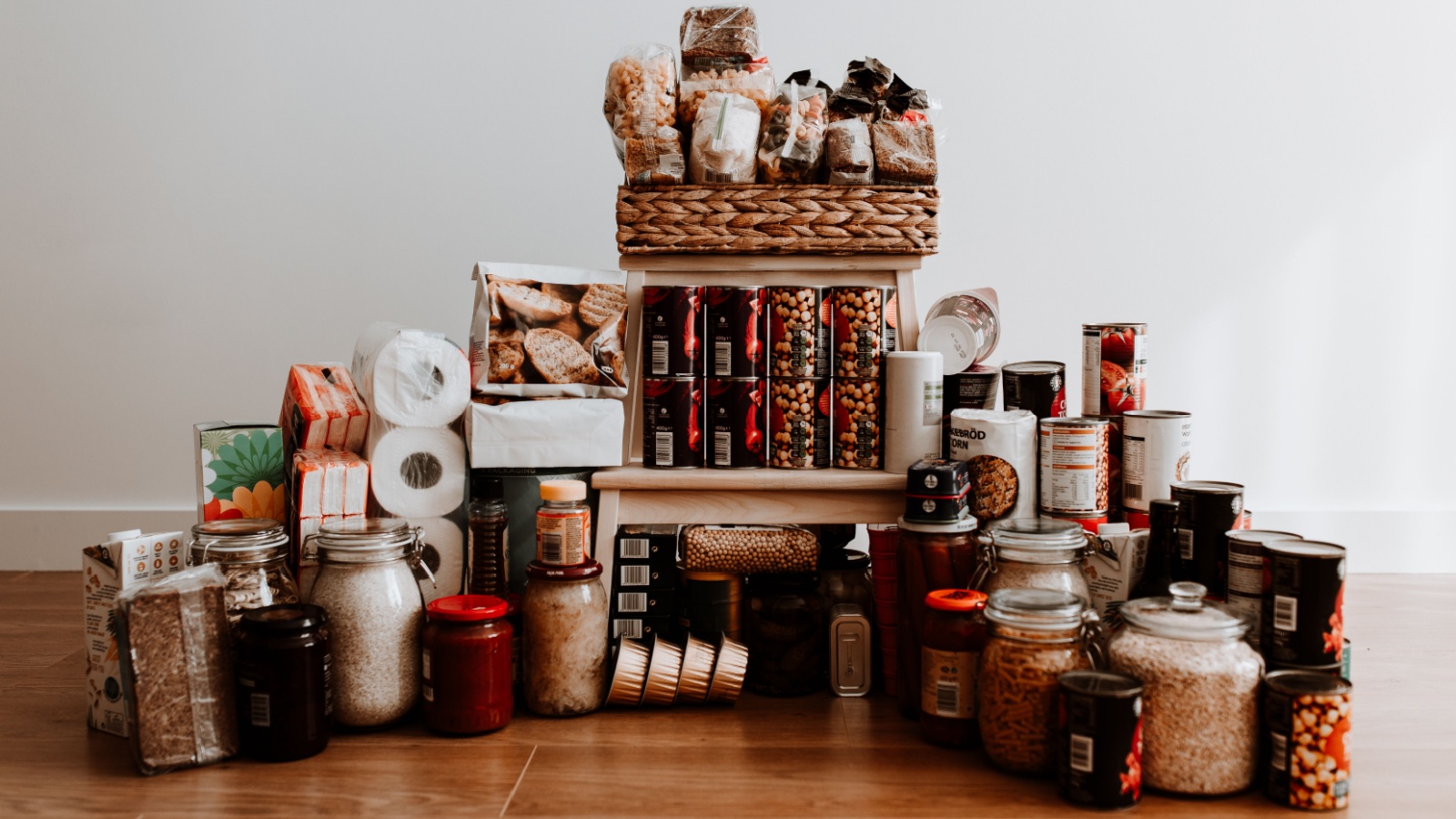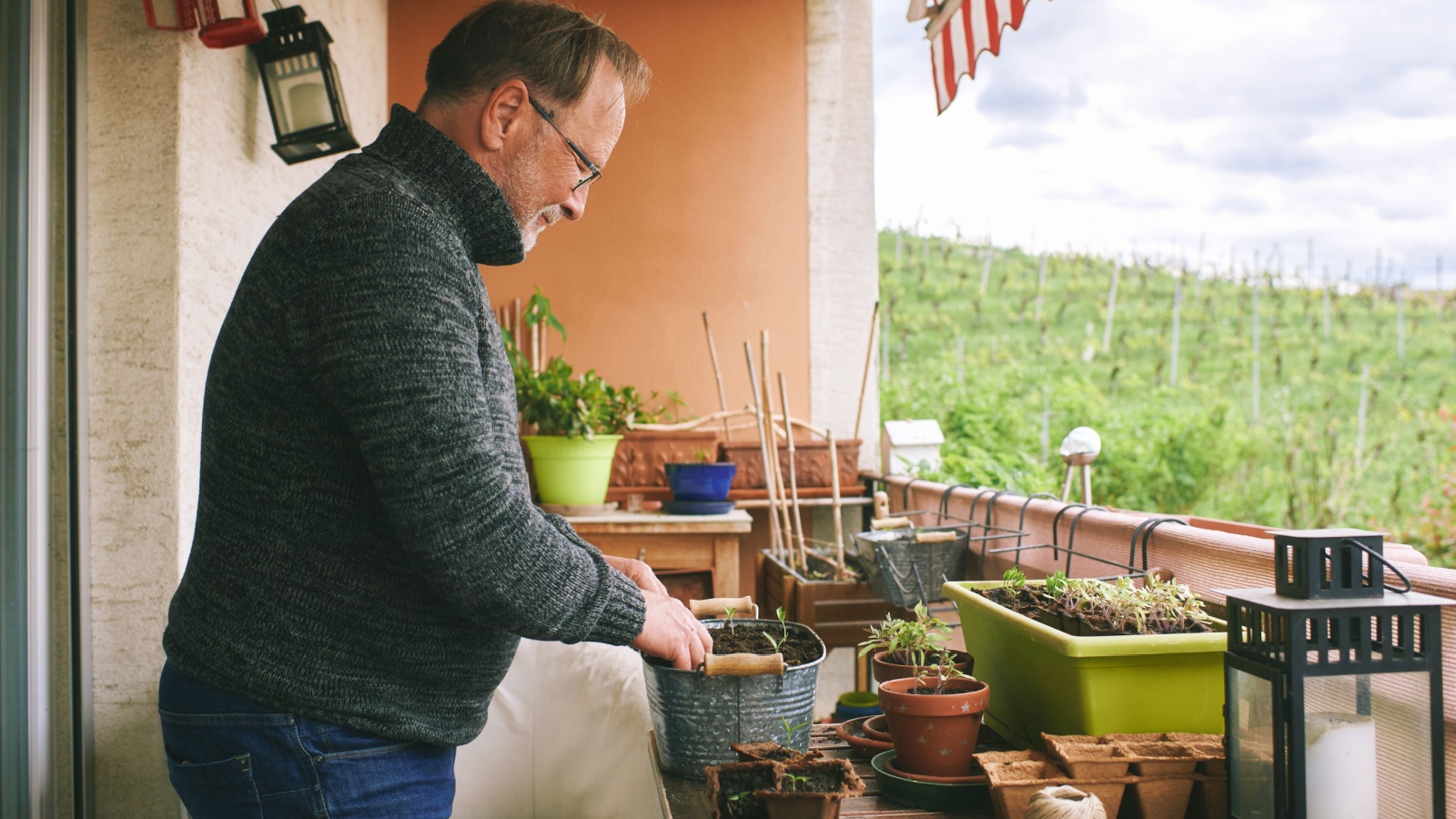

When times get tough, making your money go further becomes crucial. Whether you’re facing a personal financial crisis or a wider economic downturn, these tips will help you maximize every dollar. Learn how to be resourceful and make the most of what you have.
1. Buy in Bulk
Purchasing larger quantities can save you money in the long run. Look for deals on non-perishable items like rice, beans, and canned goods. Compare the price per unit to make sure you’re getting a good deal. Store bulk items properly to prevent spoilage. Consider splitting large purchases with friends or family to share the savings and storage space.
2. Learn to Can and Preserve Food

Extend the life of fresh produce by learning to can and preserve. Buy fruits and vegetables when they’re in season and cheap. Use water bath canning for high-acid foods like tomatoes and pickles. Pressure can low-acid foods like green beans and meat. Properly canned foods can last for years, saving you money and providing food security.
3. Start a Container Garden

Grow your own food, even in small spaces. Use containers to grow herbs, tomatoes, and leafy greens. Choose plants that produce a lot of food in a small area. Learn about companion planting to maximize your yield. Save seeds from your harvest to plant next season. Fresh herbs and vegetables will improve your meals and your health.
4. Make Your Own Cleaning Products

Save money and avoid harsh chemicals by making your own cleaners. Use simple ingredients like vinegar, baking soda, and lemon juice. These work just as well as store-bought products for most cleaning tasks. Make a all-purpose cleaner by mixing equal parts water and white vinegar. Add a few drops of essential oil for a pleasant scent.
5. Repair Instead of Replace

Learn basic repair skills to extend the life of your belongings. Fix clothes by learning to sew and patch. Repair appliances using online tutorials and basic tools. Maintain your car with regular oil changes and tire rotations. Not only will you save money, but you’ll also reduce waste and become more self-reliant.
6. Use a Pressure Cooker

Cook meals faster and use less energy with a pressure cooker. Tenderize tough, cheaper cuts of meat in a fraction of the time. Cook beans from dry without pre-soaking. Make large batches of soups and stews to eat throughout the week. Modern electric pressure cookers are safe and easy to use, saving you time and money.
7. Practice Meal Planning

Reduce food waste and save money by planning your meals. Make a weekly menu based on what’s on sale and what you have on hand. Buy only what you need for your planned meals. Use leftovers creatively in new dishes. Meal planning helps you avoid impulse buys and reduces the temptation to eat out.
8. Learn to Barter

Trade goods and services instead of using money. Offer your skills in exchange for things you need. Join local bartering groups or online communities. Be fair and clear about the value of what you’re trading. Bartering can help you get things you can’t afford and build community connections.
9. Use the Library

Take advantage of free resources at your local library. Borrow books, movies, and music instead of buying. Use library computers and internet if you need to cut costs at home. Many libraries offer free classes and workshops. Some even lend tools and equipment. Your library card is a valuable asset in stretching your dollar.
10. Cut Your Own Hair

Save on haircuts by learning to trim your own hair. Invest in a good pair of hair cutting scissors. Watch online tutorials for basic techniques. Start with small trims to build confidence. You can save hundreds of dollars a year by cutting your family’s hair at home. Plus, you’ll have a useful skill in times when professional haircuts aren’t available.
11. Make Your Own Bread

Bake bread at home to save money and enjoy fresh, healthy loaves. Basic bread only needs flour, water, yeast, and salt. Learn to make sourdough for even more savings. Experiment with different flours and add-ins like seeds or dried fruit. Homemade bread is cheaper and often healthier than store-bought. It also makes your home smell amazing.
12. Use Cloth Instead of Disposables

Replace paper towels and napkins with reusable cloth versions. Cut up old t-shirts or towels for cleaning rags. Use cloth diapers if you have a baby. Invest in reusable water bottles instead of buying bottled water. These changes reduce waste and save money over time. Wash reusable items in cold water to save on energy costs.
13. Practice the Art of Foraging

Learn to identify and collect wild edible plants in your area. Common weeds like dandelions and chickweed are nutritious and free. Be sure to forage only in safe, unpolluted areas. Always be 100% certain of a plant’s identity before eating it. Foraging can add variety to your diet and provide valuable nutrients at no cost.
14. Master the Art of Haggling

Negotiate prices to get better deals. This works especially well at flea markets, yard sales, and with independent sellers. Be polite and reasonable in your offers. Bundle items together for a better price. Don’t be afraid to walk away if the price isn’t right. Haggling can save you money and is a valuable skill in many cultures.
15. Embrace Multi-Purpose Items

Choose products that can serve multiple functions. A large pot can be used for cooking, water storage, and washing clothes. Baking soda works as a cleaner, deodorizer, and toothpaste. A good knife can be a tool, weapon, and eating utensil. Thinking creatively about how to use items in multiple ways helps you buy less and save more.
20 Crucial Supplies for Surviving a Societal Collapse

In the face of uncertainty, being well-prepared gives you at least some degree of control and security. The thought of a societal collapse, while extreme, prompts us to consider how we might endure without the conveniences of our current lifestyle. Here’s a list of 20 essential items that could prove indispensable in such a scenario. This guide isn’t about succumbing to fear but embracing preparedness and resilience.
14 Essential Canned Goods for Your Emergency Pantry

I firmly believe in keeping a well-stocked emergency pantry. While fresh food is ideal, in a survival situation, we may not be that lucky. So, for my family, even though we grow a lot of our own food, canned goods play a crucial role in emergency preparedness. They offer a reliable source of nutrition when access to fresh produce may be limited. The goods you stockpile should be affordable, easy to store, and full of nutrition.
Best Regions in the U.S. to Escape to When Society Collapses

Choosing a refuge in the event of societal collapse involves weighing the pros and cons of each location against your personal preparedness goals and abilities. Whether you’re drawn to the solitude of the desert or the protective heights of the mountains, the key is finding a place that offers safety and the opportunity for growth and renewal.


